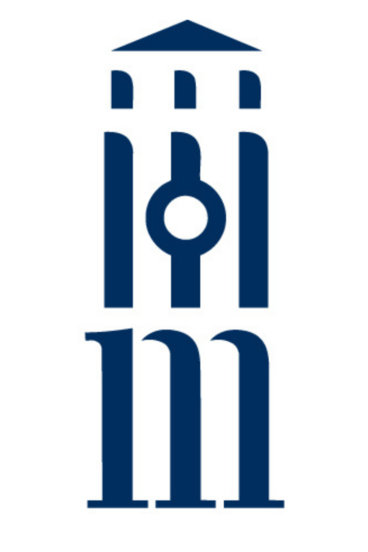Speaking Our Selves
New Plays by African Women
Foreword by Esi Sutherland-Addy
Bringing African drama to an English-speaking audience
Description
Speaking Our Selves brings together plays by women writers from the under-represented African countries of Tanzania, Mozambique, Ethiopia, Mali, Burundi, Benin, and Sudan, plus a play by award-winning Ugandan playwright and volume coeditor Asiimwe Kawe. Although the plays are united in presenting women as central figures who own their voices, they also represent a rich diversity of story-telling. Each unique dramaturgy is rooted in African forms of story-telling that occasionally—but not always—merge with recognizable Western forms to create hybrid, dramatic forms. These hybrid methods emphasize the striking ways in which African women writers continue to experiment with form, moving beyond Western-influenced dramaturgy if and when it jeopardizes an African dramaturgy of language, movement, and music, centered in African Cosmology.
The plays within Speaking Our Selves confront a range of ideas and issues, including women embracing the potential of agency in often contested subject positions; confronting their historical object positions in worlds of devastating patriarchal authority; resisting toxic masculinity and persistent, oppressive binaries of gender roles; finding power in communities of women; women’s increasing acumen in financial, business, and economic spheres; tensions between traditional religious tenets and efforts toward secularization; perpetual acts of violence toward women’s bodies; and the rise of mental health issues among girls and women. Readers and audiences are challenged not to be passive witnesses by observing from safe vantage points, but rather to be active participants in the stories being told.
Asiimwe Deborah Kawe is Producing Artistic Director for the Tebere Arts Foundation and Artistic Director of the Kampala International Theatre Festival.
Robert H. Vorlicky is Visiting Professor of Theater at New York University Abu Dhabi, the initial Coordinator of the Honors Program, and a former director of Theatre Studies in the NYU Tisch School of the Arts’ Department of Drama.

